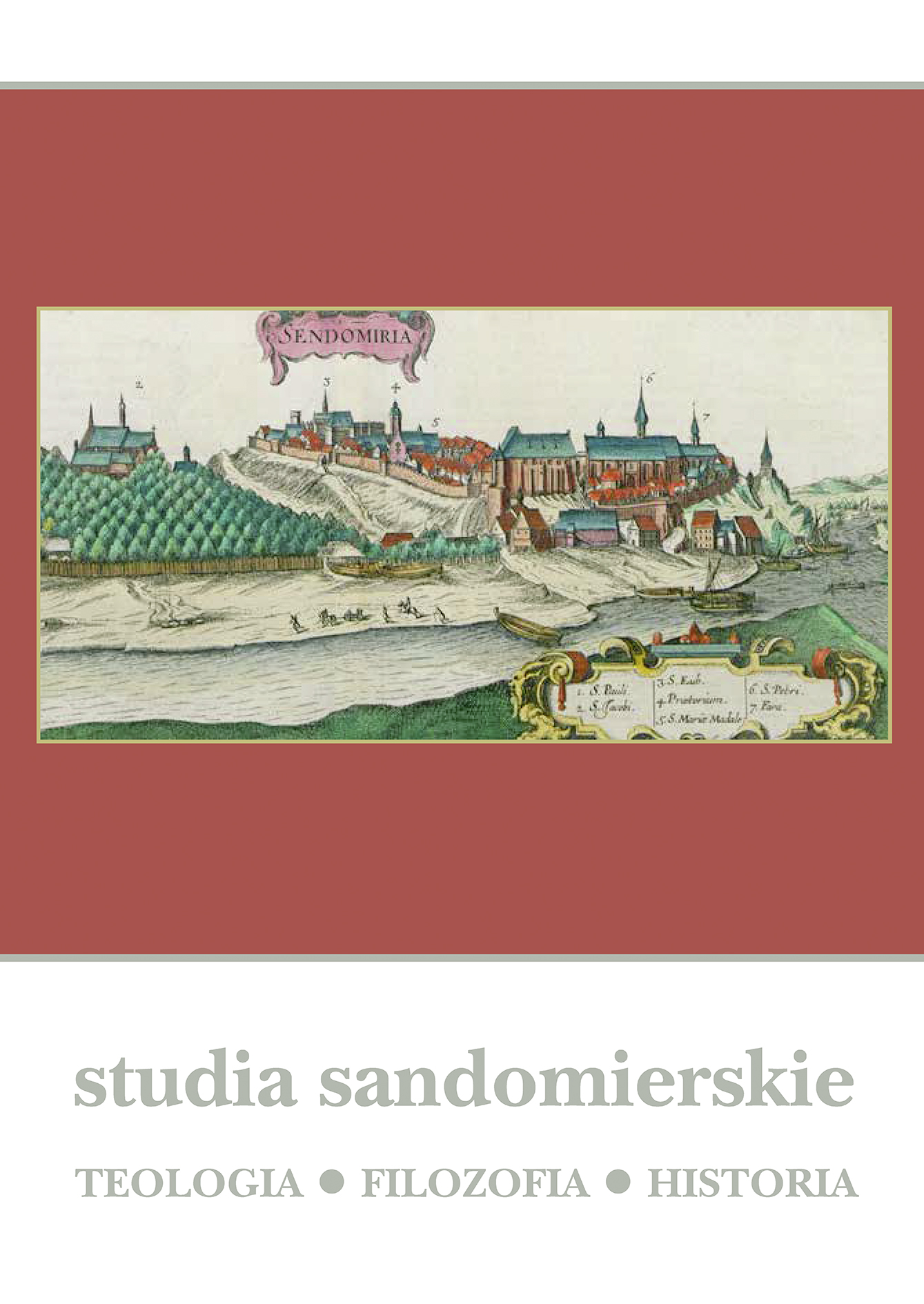Szkolnictwo elementarne w województwie sandomierskim (departament i gubernia radomska)
na tle sytuacji na wsi w okresie zaborów
Elementary Education in the Sandomierz Voivodeship (Radom Department and Governorate) against the Background of the Situation in the Countryside during the Partition Period
Author(s): Adam OrczykSubject(s): Social history, School education, History of Education
Published by: Wydawnictwo Diecezjalne i Drukarnia w Sandomierzu
Keywords: history of education; elementary education; education of the people; Poland under partition; Russification; social and cultural life in the countryside in the 19th century;
Summary/Abstract: With the state adoption of an educational model which was initiated by the Commis- sion of National Education (1773-1794), the former parish schools became primary schools (elementary, public), which from then on were to be run by the municipal government. In the case of the lands of the Russian partition truncated to the borders of the Kingdom of Poland, called the Vistula Kingdom after the January Uprising, this process was finalized in the 1860s.In the times of the Duchy of Warsaw and the Kingdom of Poland, the educa- tional projects undertaken to serve the development of education in rural areas were largely devoid of executive foundations. They were still based on the good will of landowners and tenants of government estates and implemented with the help of volunteer clergy, the peasants themselves perceived it as another manifestation of financial oppression. It was assumed that they would have to bear the costs related to the functioning of the school. However, due to the burden on the public treasury and provision of various serf duties, peasants were reluctant to commit paying another fee, which was the school levy.Elementary education was organized under difficult conditions, in a country devastated by wars with an empty treasury, without scientific or teaching staff, and an inefficient administration, after the January Uprising, the invader's Russification policy gained even more strength. In the 19th and the first decades of the 20th centu- ry, the elementary schools in the countryside still retained its class character, which depreciated it in every respect: social, scientific, and cultural.
Journal: Studia Sandomierskie. Teologia-Filozofia-Historia
- Issue Year: 30/2023
- Issue No: 1
- Page Range: 103-120
- Page Count: 18
- Language: Polish

